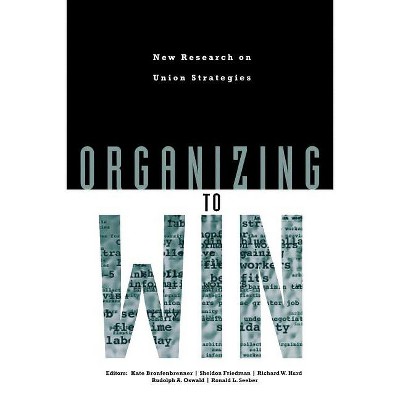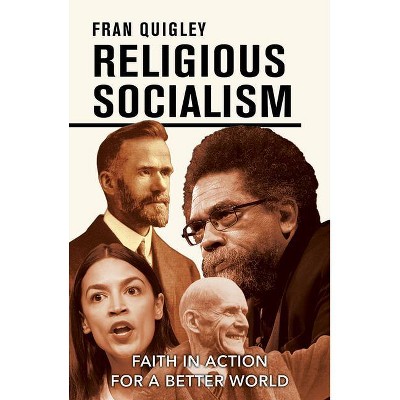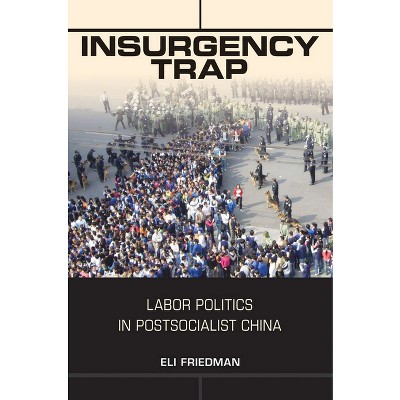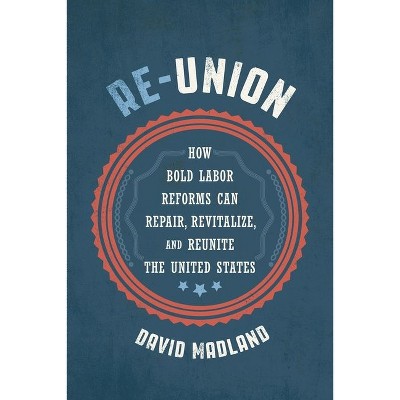About this item
Highlights
- Do service-sector workers represent the future of the U.S. labor movement?
- About the Author: Fran Quigley is Clinical Professor of Law and Director of the Health and Human Rights Clinic at the Indiana University McKinney School of Law.
- 224 Pages
- Political Science, Labor & Industrial Relations
Description
About the Book
In If We Can Win Here, Fran Quigley tells the stories of janitors, fry cooks, and health care aides trying to fight their way to middle-class incomes in Indianapolis. He also chronicles the struggles of the union organizers with whom the workers have made common cause.
Book Synopsis
Do service-sector workers represent the future of the U.S. labor movement? Mid-twentieth-century union activism transformed manufacturing jobs from backbreaking, low-wage work into careers that allowed workers to buy homes and send their kids to college. Some union activists insist that there is no reason why service-sector workers cannot follow that same path. In If We Can Win Here, Fran Quigley tells the stories of janitors, fry cooks, and health care aides trying to fight their way to middle-class incomes in Indianapolis. He also chronicles the struggles of the union organizers with whom the workers have made common cause.
The service-sector workers of Indianapolis mirror the city's demographics: they are white, African American, and Latino. In contrast, the union organizers are mostly white and younger than the workers they help rally. Quigley chronicles these allies' setbacks, victories, bonds, and conflicts while placing their journey in the broader context of the global economy and labor history. As one Indiana-based organizer says of the struggle being waged in a state that has earned a reputation as antiunion: "If we can win here, we can win anywhere." The outcome of the battle of Indianapolis may foretell the fate of workers across the United States.
Review Quotes
In this volume, Quigley Indiana Univ. McKinney School of Law presents a very accessible case study of contemporary labor organizing among low-income workers in a range of service sectors in Indianapolis, Indiana. The author focuses on recent organizing efforts--both successful and unsuccessful--among food service, hotel, and janitorial employees in a right-to-work state.Summing Up: Highly recommended.
-- "Choice"About the Author
Fran Quigley is Clinical Professor of Law and Director of the Health and Human Rights Clinic at the Indiana University McKinney School of Law. He is the author of How Human Rights Can Build Haiti: Activists, Lawyers, and the Grassroots Campaign and Walking Together, Walking Far: How a U.S. and African Medical School Partnership Is Winning the Fight against HIV/AIDS.












